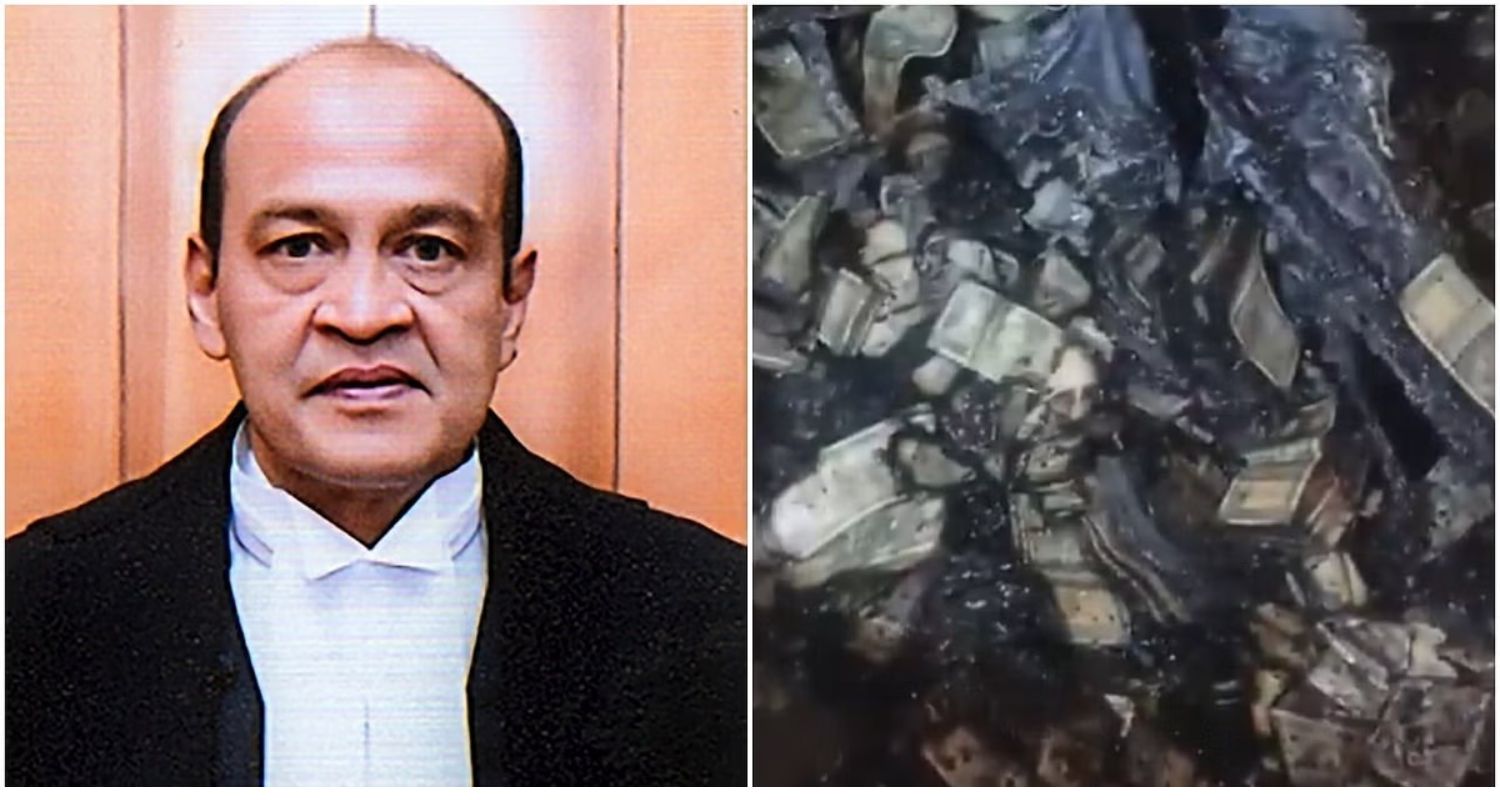The Supreme Court administration has rejected a plea seeking a report of the apex court-appointed committee, which indicted Allahabad High Court judge Justice Yashwant Varma in the cash discovery row, under the Right to Information Act. The RTI application had also requested access to the communication sent by then Chief Justice of India (CJI) Sanjiv Khanna to President Droupadi Murmu and Prime Minister Narendra Modi concerning the matter.
Citing confidentiality concerns, the Supreme Court administration turned down the request, stating that disclosing such sensitive communications could violate parliamentary privilege. The rejection highlights the judiciary’s reliance on maintaining internal confidentiality in disciplinary procedures involving judges.
Earlier this month, former CJI Khanna had formally written to both the President and the Prime Minister, enclosing the report of the three-member in-house inquiry committee, as well as Justice Yashwant Varma’s written response to the findings. The report and the response were forwarded in accordance with the established in-house procedure for handling allegations against judges.

According to that procedure, when a judge declines to resign following serious findings in an internal investigation, the Chief Justice of India must refer the matter to the executive — the President and Prime Minister — for further action, which may include initiating impeachment proceedings.
In a statement issued on May 8, the Supreme Court confirmed: “Chief Justice of India, in terms of the in-house procedure, has written to President of India and the Prime Minister of India enclosing therewith copy of the three-member committee report dated May 3 along with the letter/response dated May 6 received from Justice Yashwant Varma.”
Sources familiar with the inquiry revealed that the committee, appointed by the Supreme Court, confirmed the allegations of unexplained cash discovery in its report.
The committee was chaired by Chief Justice Sheel Nagu of the Punjab and Haryana High Court and included Chief Justice GS Sandhawalia of the Himachal Pradesh High Court and Justice Anu Sivaraman of the Karnataka High Court. The report was finalised on May 3.
Also Read: 'Justice Oka & me won't take post retirement jobs' : CJI Gavai
The panel’s findings reportedly led CJI Khanna to advise Justice Varma to step down. Following protocol, the report was shared with Justice Varma to allow him an opportunity to respond, upholding the principle of natural justice.
The inquiry involved the examination of evidence and testimonies from over 50 individuals, including key officials such as Delhi Police Commissioner Sanjay Arora and the chief of the Delhi Fire Service. Both were among the first responders to a late-night fire at Justice Varma’s official residence in Lutyens’ Delhi on March 14, around 11:35 pm. At the time of the incident, Justice Varma was serving as a judge of the Delhi High Court.
Justice Varma has consistently denied all allegations, both in his communication with the Delhi High Court Chief Justice and in his response to the apex court-appointed committee.
The issue drew public attention following media reports about the cash discovery, prompting multiple levels of internal scrutiny. Delhi High Court Chief Justice D.K. Upadhyaya conducted a preliminary inquiry, following which judicial responsibilities were withdrawn from Justice Varma. He was subsequently transferred to the Allahabad High Court without being assigned any judicial work.
On March 24, the Supreme Court collegium formally recommended Justice Varma’s repatriation to his parent court, the Allahabad High Court. Subsequently, on March 28, the apex court directed the Chief Justice of the Allahabad High Court not to assign any judicial work to him until further notice.
The matter now lies with the executive and Parliament to determine the next steps, including whether to proceed with impeachment under Article 124(4) of the Constitution.
Also Read: SC orders cadre review in all Central Armed Police Forces



